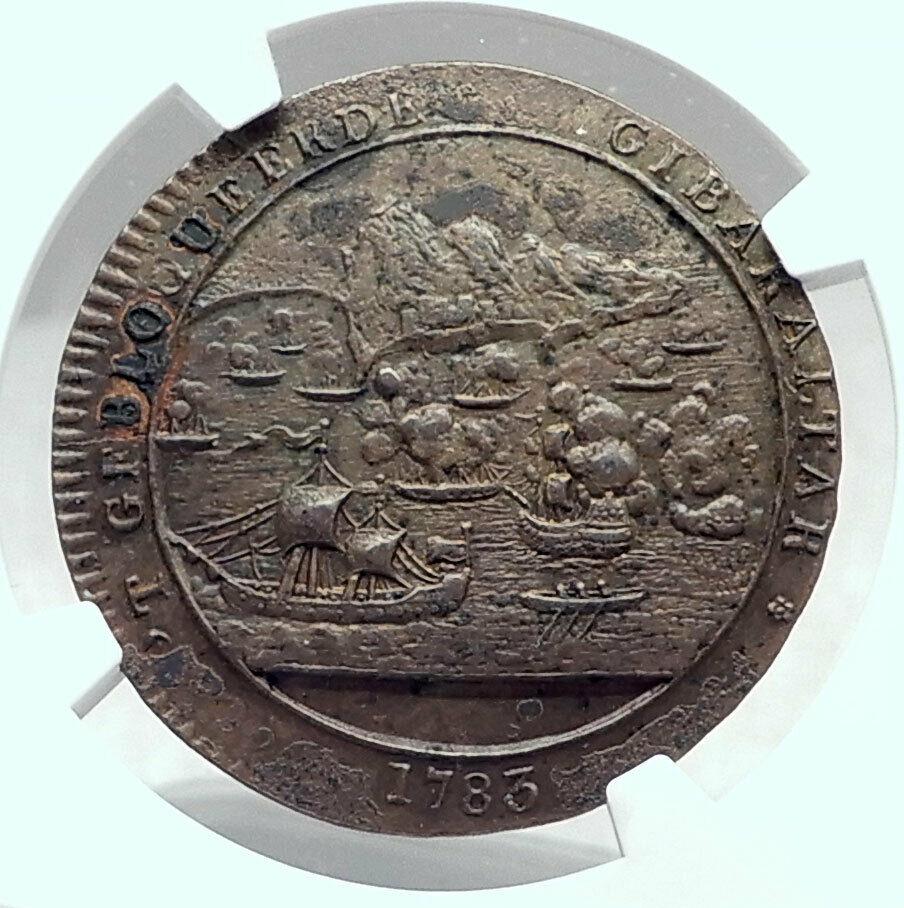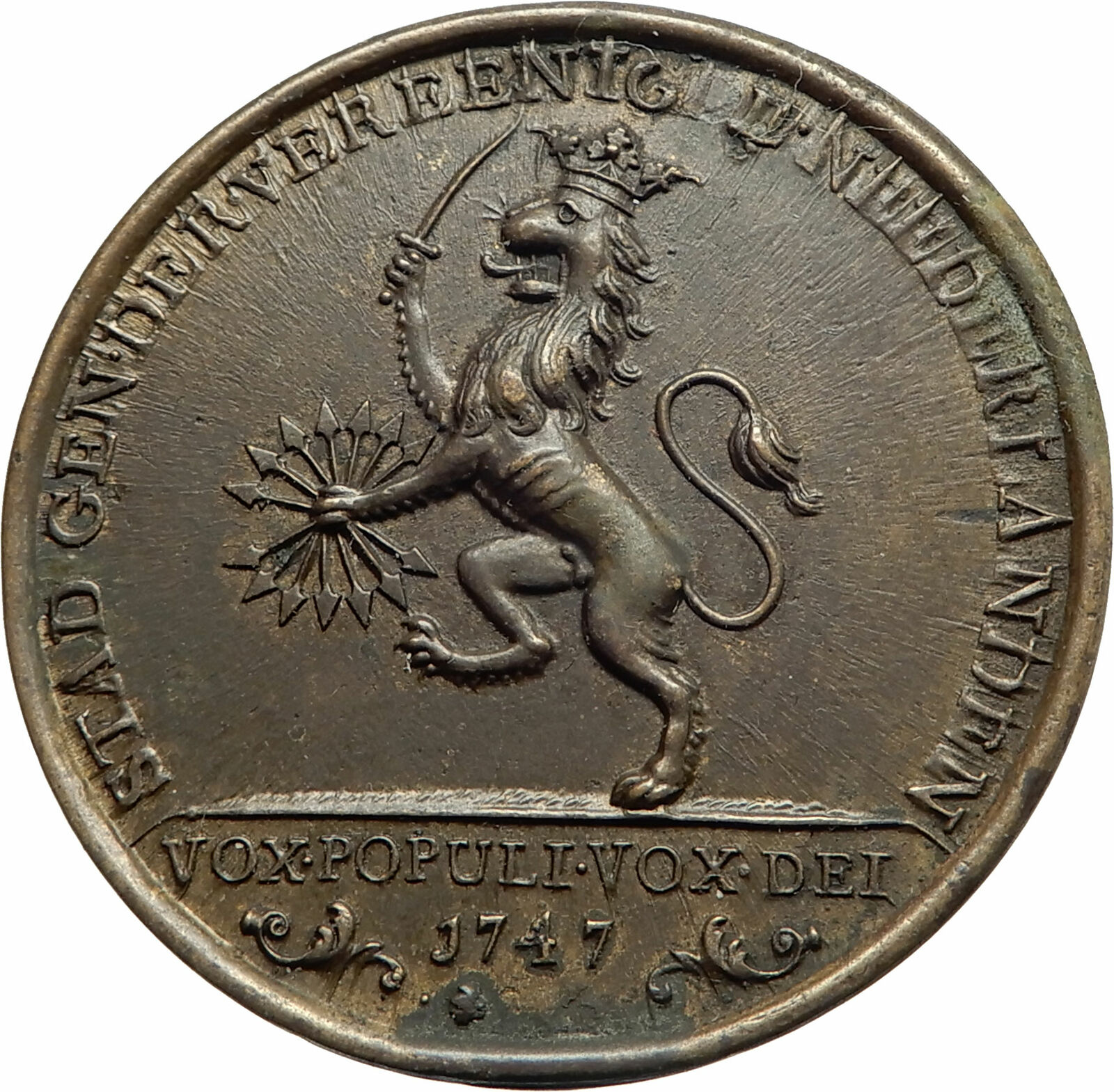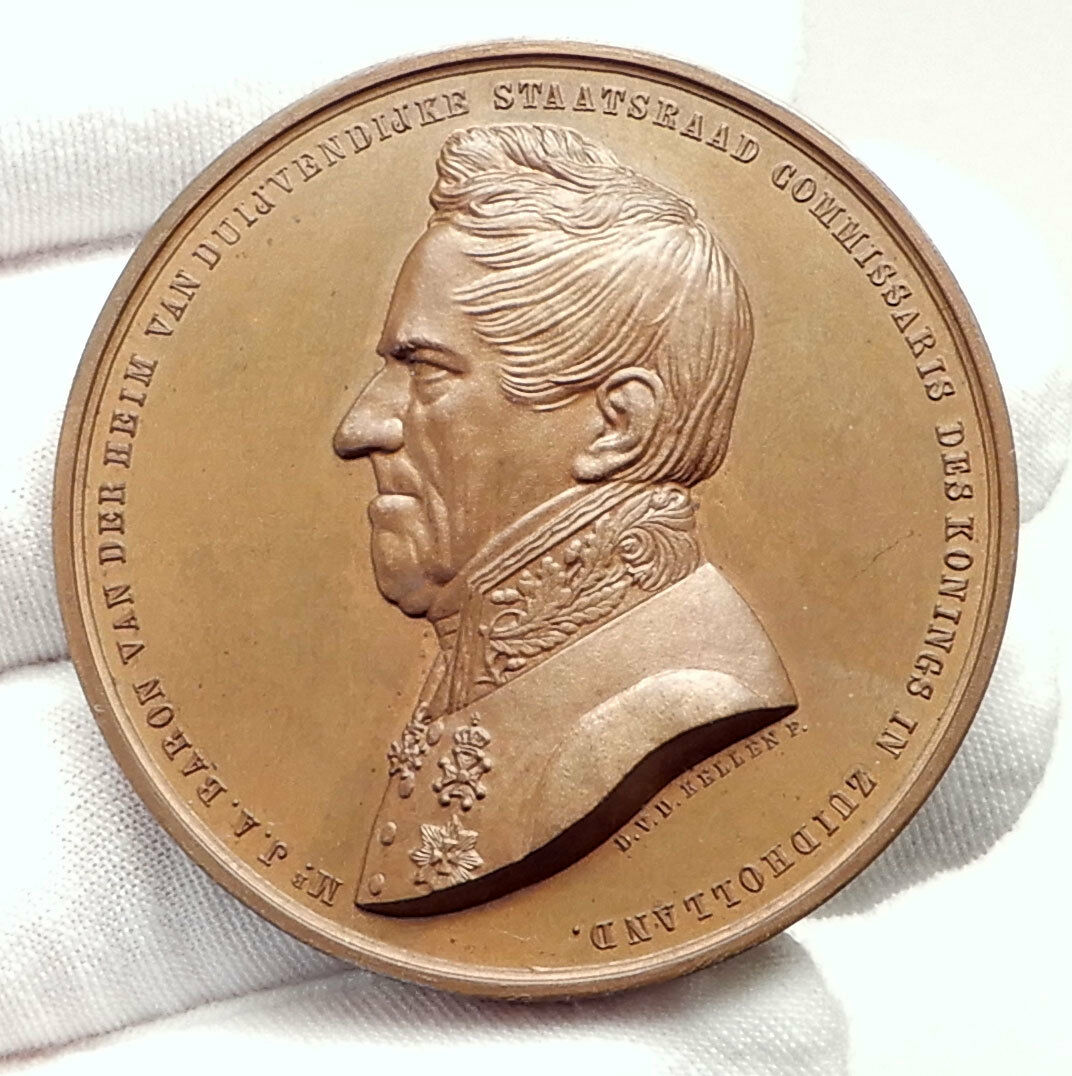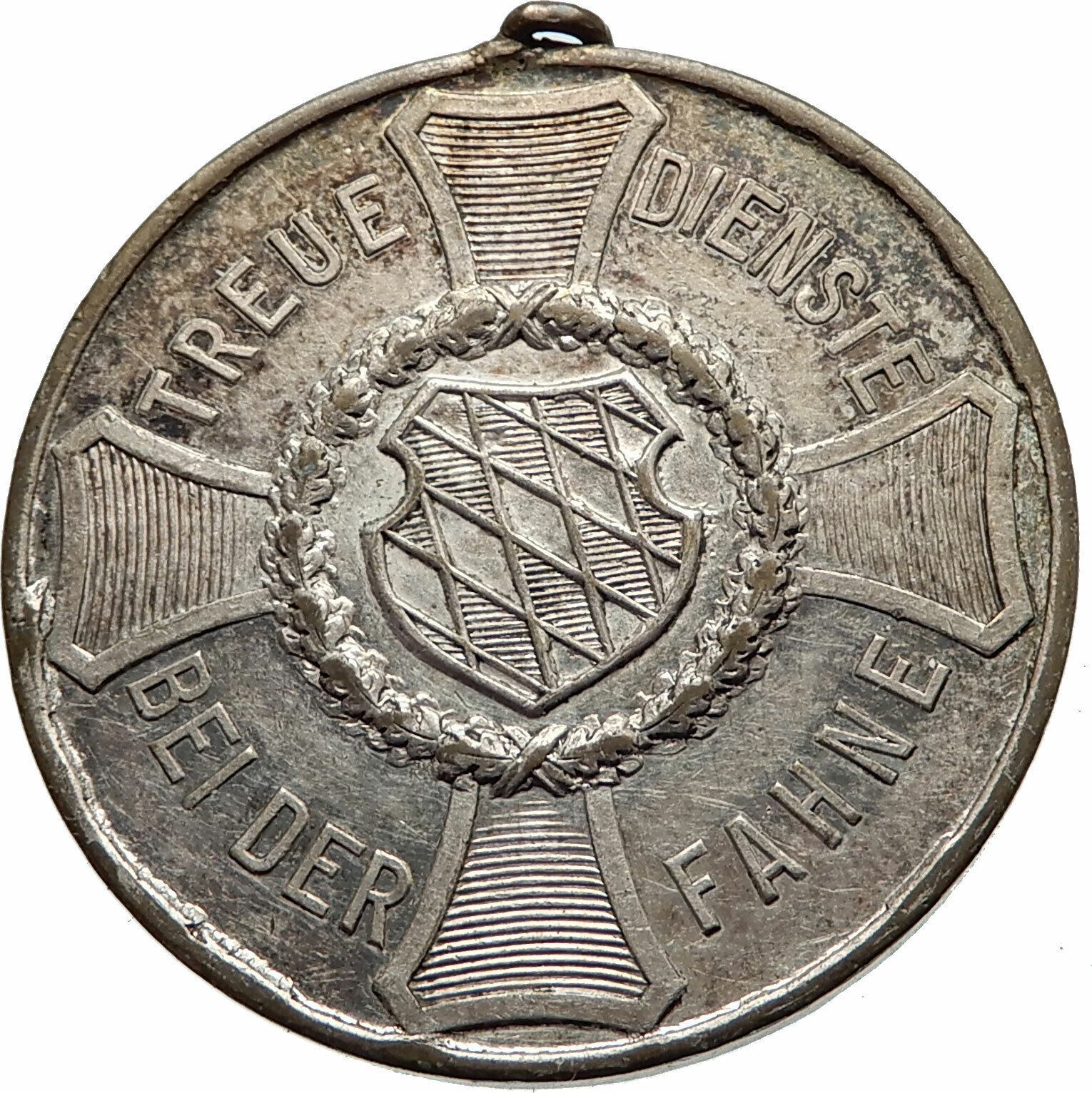|
Unite States of America
JOHN ADAMS, 200 Years of First Continental Congress Commemorative
1974 Proof Silver Medal 37mm (30.74 grams)
AMERICAN REVOLUTION BICENTENNIAL JOHN ADAMS, Bust of John Adams left.
FIRST CONTINENTAL CONGRESS ◦ FOR THE RECOVERY OF OUR JUST RIGHTS ◦, Patriot standing right, holding papers and feather pen.
You are bidding on the exact item pictured, provided with a Certificate of Authenticity and Lifetime Guarantee of Authenticity.
.jpg/220px-Official_Presidential_portrait_of_John_Adams_(by_John_Trumbull,_circa_1792).jpg) John Adams (October 30 [O.S. October 19] 1735 – July 4, 1826) was an American patriot who served as the second President of the United States (1797–1801) and the first Vice President (1789–97). He was a lawyer, diplomat, statesman, political theorist, and, as a Founding Father, a leader of the movement for American independence from Great Britain. He was also a dedicated diarist and correspondent, particularly with his wife and closest advisor Abigail. John Adams (October 30 [O.S. October 19] 1735 – July 4, 1826) was an American patriot who served as the second President of the United States (1797–1801) and the first Vice President (1789–97). He was a lawyer, diplomat, statesman, political theorist, and, as a Founding Father, a leader of the movement for American independence from Great Britain. He was also a dedicated diarist and correspondent, particularly with his wife and closest advisor Abigail.
He collaborated with his cousin, revolutionary leader Samuel Adams, but he established his own prominence prior to the American Revolution. After the Boston Massacre, he provided a successful (though unpopular) legal defense of the accused British soldiers, in the face of severe local anti-British sentiment and driven by his devotion to the right to counsel and the “protect[ion] of innocence”. Adams was a delegate from Massachusetts to the Continental Congress, where he played a leading role in persuading Congress to declare independence. He assisted Thomas Jefferson in drafting the Declaration of Independence in 1776, and was its foremost advocate in the Congress. As a diplomat in Europe, he helped negotiate the eventual peace treaty with Great Britain, and acquired vital governmental loans from Amsterdam bankers. Adams was the primary author of the Massachusetts Constitution in 1780 which influenced American political theory, as did his earlier Thoughts on Government (1776).
Adams’s credentials as a revolutionary secured for him two terms as President George Washington’s vice president (1789 to 1797) and also his own election in 1796 as the second president. In his single term as president, he encountered fierce criticism from the Jeffersonian Republicans, as well as the dominant faction in his own Federalist Party, led by his rival Alexander Hamilton. Adams signed the controversial Alien and Sedition Acts, and built up the army and navy in the face of an undeclared naval “Quasi-War” with France. The major accomplishment of his presidency was a peaceful resolution of the conflict in the face of Hamilton’s opposition. Due to his strong posture on defense, Adams is “often called the father of the American Navy“. He was the first U.S. president to reside in the executive mansion, now known as the White House.
In 1800, Adams lost re-election to Thomas Jefferson and retired to Massachusetts. He eventually resumed his friendship with Jefferson upon the latter’s own retirement by initiating a correspondence which lasted fourteen years.[6] He and his wife established a family of politicians, diplomats, and historians now referred to as the Adams political family. Adams was the father of John Quincy Adams, the sixth President of the United States. He died on the fiftieth anniversary of the adoption of the Declaration of Independence, and the same day as Jefferson. Modern historians in the aggregate have favorably ranked his administration.
The First Continental Congress was a meeting of delegates from twelve of the Thirteen Colonies that met on September 5 to October 26, 1774, at Carpenters’ Hall in Philadelphia, Pennsylvania, early in the American Revolution. It was called in response to “The passage of the Coercive Acts” (also known as Intolerable Acts by the Colonial Americans) by the British Parliament. The Intolerable Acts had punished Massachusetts for the Boston Tea Party.
The Congress was attended by 56 delegates. The Pennsylvania delegation was appointed by the colonial assembly. Georgia declined to send delegates because they were hoping for British assistance with Native American problems on their frontier and did not want to upset the British.
The Congress met briefly to consider options, including an economic boycott of British trade; rights and grievances; and petitioned King George III for redress of those grievances.
The Congress also called for another Continental Congress in the event that their petition was unsuccessful in halting enforcement of the Intolerable Acts. Their appeal to the Crown had no effect, and so the Second Continental Congress was convened the following year to organize the defense of the colonies at the onset of the American Revolutionary War. The delegates also urged each colony to set up and train its own militia.
|




.jpg/220px-Official_Presidential_portrait_of_John_Adams_(by_John_Trumbull,_circa_1792).jpg) John Adams (October 30 [O.S. October 19] 1735 – July 4, 1826) was an American patriot who served as the second President of the United States (1797–1801) and the first Vice President (1789–97). He was a lawyer, diplomat, statesman, political theorist, and, as a Founding Father, a leader of the movement for American independence from Great Britain. He was also a dedicated diarist and correspondent, particularly with his wife and closest advisor Abigail.
John Adams (October 30 [O.S. October 19] 1735 – July 4, 1826) was an American patriot who served as the second President of the United States (1797–1801) and the first Vice President (1789–97). He was a lawyer, diplomat, statesman, political theorist, and, as a Founding Father, a leader of the movement for American independence from Great Britain. He was also a dedicated diarist and correspondent, particularly with his wife and closest advisor Abigail.




